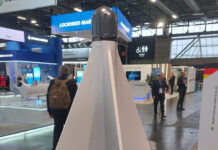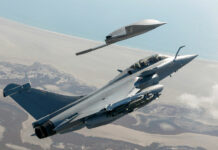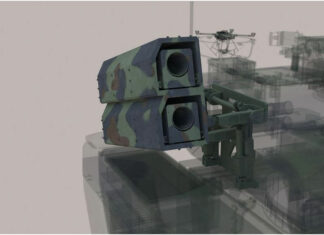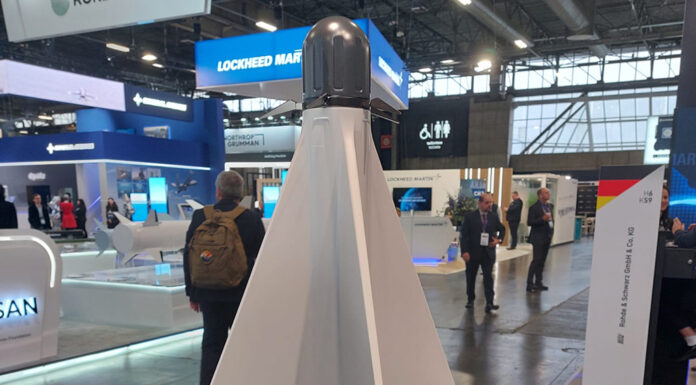Lockheed Martin recently demonstrated the ability of its DAGR laser guided rocket to launch from a ground vehicle during a series of flight tests at Eglin Air Force Base, Fla. During the test, DAGR and two unguided Hydra 70 rockets were launched from a pedestal launcher mounted in the bed of a Lockheed Martin prototype Joint Light Tactical Vehicle (JLTV). DAGR locked onto the laser spot two seconds after launch, flew 5 km down range and impacted the target within 1 meter of the laser spot. The unguided Hydra 70 rockets were launched down the center of the range, and flew 521 and 2,600 meters, respectively.
The company has conducted 40 DAGR flight tests demonstrating target engagement ranges of 1 to 5.1 kilometers. DAGR has been launched from multiple HELLFIRE-equipped rotary-wing platforms, including the AH-64D Apache, AH-6 Little Bird and OH-58 Kiowa Warrior.
“DAGR delivers a high-precision defensive capability to the surface combat arena when paired with the pedestal launcher and a mobile ground platform like the Joint Light Tactical Vehicle (JLTV),” said Ken Musculus, director of close combat systems at Lockheed Martin Missiles and Fire Control.
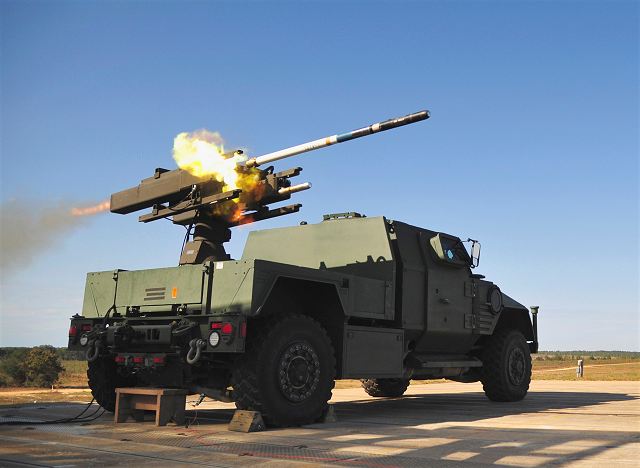
The pedestal launcher used for the test features four M299 launcher rails, associated cables and electronics, providing full compatibility with HELLFIRE II and DAGR missiles. The ground/vehicle-mounted pedestal launcher was used in three guided flight tests and five flights in total. DAGR’s rail-mounted canister attaches to the pedestal launch rails as it would on a standard HELLFIRE launcher designed for aircraft.
DAGR incorporates proven HELLFIRE II laser homing seeker into a 2.75-inch/70 millimeter guidance kit that integrates seamlessly with legacy Hydra-70 rockets. The result is a laser-guided missile that puts a 10-pound warhead within one meter of the laser spot, defeating high-value, non-armored or lightly-armored targets while minimizing collateral damage. DAGR’s lock-on-before launch mode ensures the missile identifies the correct target prior to launch.

